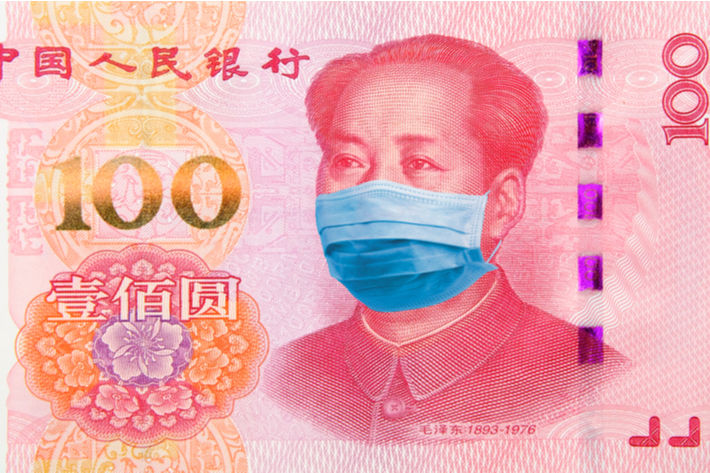
The possibility of any big move in the near future, however, could be low given the need to prevent capital outflows, they said.
Their comments came after the US Federal Reserve (Fed) increased interest rates by 75 basis points recently—the biggest rise since 1994—and aimed at stemming US inflation, which hit a four-decade high in May.
The experts said the Fed's tightening could intensify global financial volatility, drive capital further into the United States and put pressure on many central banks to raise interest rates themselves for the sake of preventing capital outflows and currency depreciation, official Chinese media reported.
Though China is not entirely immune to the spillover effects from the Fed's move, the country will be able to keep its own accommodative monetary stance, thanks to its mild inflation level and the relative stability of its currency, they said.
Channel Yeung, a market analyst at FXTM, said the Fed's tightening is unlikely to alter the stance of the People's Bank of China, the country's central bank, to strengthen support for the economy, citing the buffer provided by the relative attraction of renminbi-denominated assets.
With inflation staying mild in China, the country is expected to bring down market interest rates and loan prime rates-the market-based benchmark lending rates of the country-to facilitate an economic rebound, said Tommy Wu, lead economist at Oxford Economics.
Wu said that in the third quarter, it is possible the Peoples Bank of China (PBOC) will cut the policy interest rate, or the rate of the medium-term lending facility, and reduce the reserve requirement ratio, which refers to the proportion of money lenders must hold as reserves. Those cuts should boost demand in the economy.
David Wang, chief China economist at Credit Suisse, said the Fed's rate hike will likely dampen US domestic demand and translate into weaker external demand for China.
In response, China should focus on using monetary and fiscal policies to boost domestic demand, continue to reduce regulatory uncertainty and avoid wide and prolonged disruptions to its supply chain, Wang added.
ALCHEMPro News Desk (DS)
Receive daily prices and market insights straight to your inbox. Subscribe to AlchemPro Weekly!